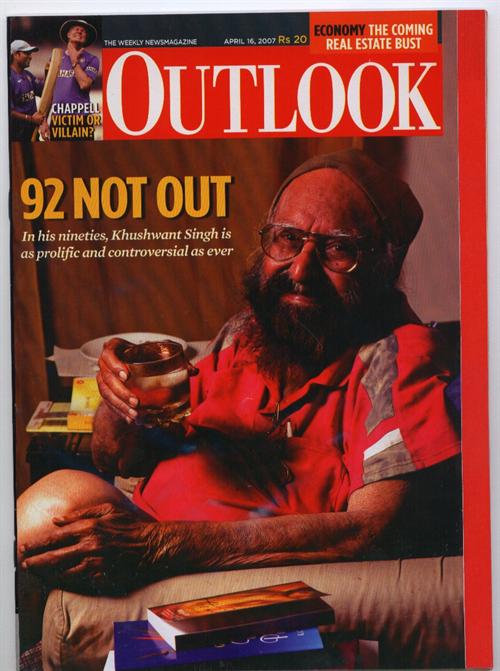Quel treno per il Pakistan
| |||||||||||||||||
|
Editeur - Casa editrice |
Marsilio | ||||||||||||||||
|
CittÓ - Town - Ville |
Venezia | ||||||||||||||||
|
Anno - Date de Parution |
2002 | ||||||||||||||||
|
Pagine - Pages | 208 | ||||||||||||||||
|
Titolo originale | Train to Pakistan | ||||||||||||||||
|
Lingua originale | |||||||||||||||||
|
Lingua - language - langue | italiano | ||||||||||||||||
|
Edizione - Collana |
I tascabili Marsilio | ||||||||||||||||
|
Traduttore |
Maria Teresa Marenco | ||||||||||||||||
|
|
|||||||||||||||||
|
|
|
"Protagonista del romanzo Ŕ l'India con la sua saggezza e la sua follia, il suo fascino e la sua ferocia. Un romanzo che parlando di ieri ci aiuta a capire molto dell'India di oggi, delle sue tensioni e della sua speranza di riscatto. Che si realizza nell'ultima pagina, per l'ultimo treno: in un commovente, indimenticabile finale." (Marco Restelli)
Recensione in altra lingua (English): |
| It is a place, Khushwant Singh goes on to tell us at the beginning of this classic novel, where Sikhs and Muslims have lived together in peace for hundreds of years. Then one day, at the end of the summer, the 'ghost train' arrives, a silent, incredible funeral train loaded with the bodies of thousands of refuges, bringing the village its first taste of the horrors of the civil war. Train to Pakistan is the story of this isolated village that is plunged into the abyss of religious hate. It is also the story of a Sikh boy and a Muslim girl whose love endures and transcends the ravages of war. | |||||||||||||
| Biografia | |||||||||||||||||
|
Khushwant Singh Ŕ nato nel 1915 a Badali, nel Punjab. Dopo aver studiato al Government College di Lahore e al King's College di Londra, ha lavorato a lungo presso l'Alta Corte di Lahore. Scrittore tra i pi¨ famosi e venduti in India, Singh ha pubblicato numerose opere, tra le quali una monumentale Storia dei Sikh e i romanzi Train to Pakistan, La compagnia delle donne, Delhi. | |||||||||||||||||
| |||||||||||||||||





 Quel treno per il Pakistan
Quel treno per il Pakistan
